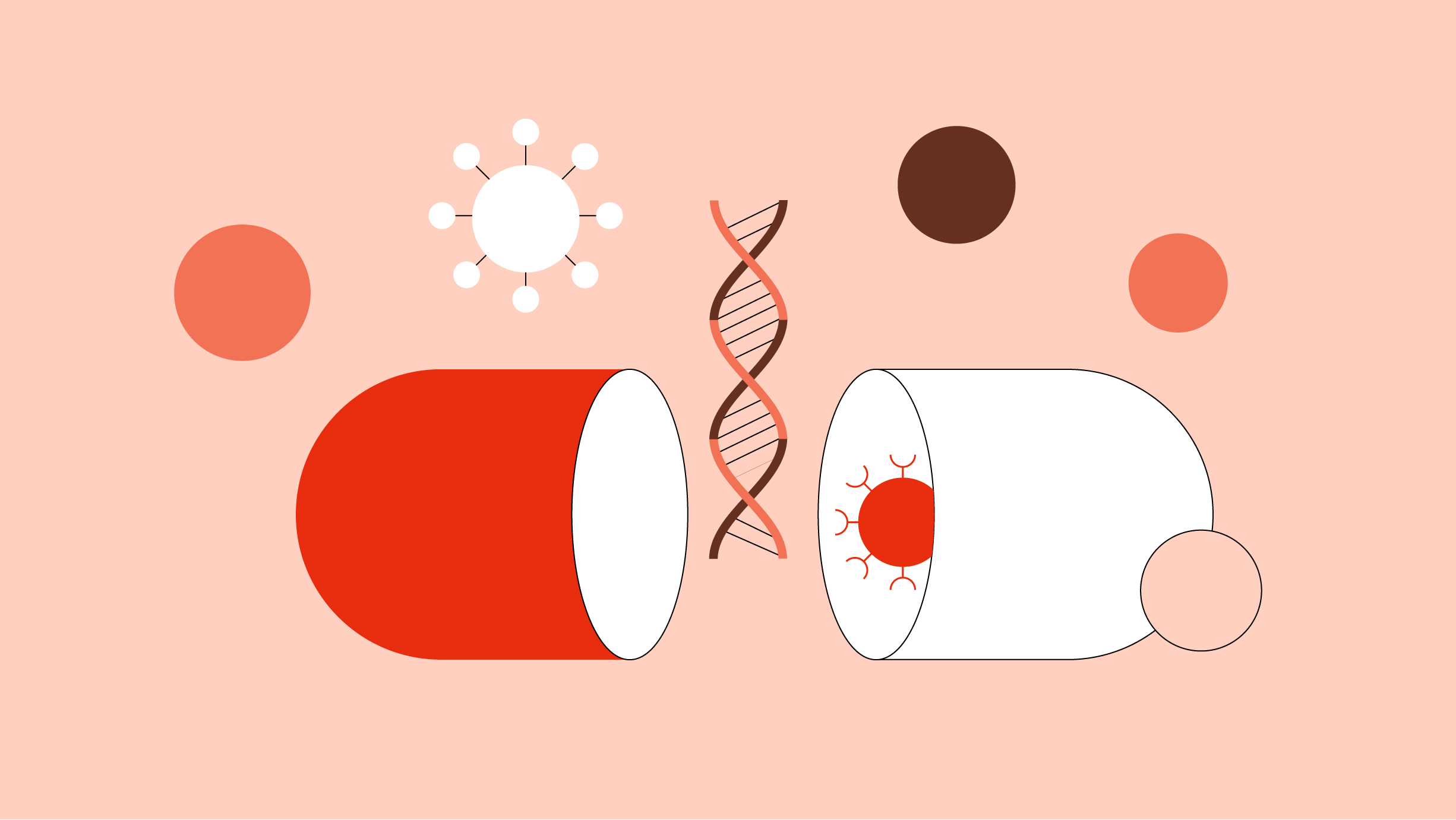What should I tell my care team before I take this medication?
They need to know if you have any of these conditions:
- Anemia not caused by low iron levels
- Heart disease
- High levels of iron in the blood
- Kidney disease
- Liver disease
- An unusual or allergic reaction to iron, other medications, foods, dyes, or preservatives
- Pregnant or trying to get pregnant
- Breastfeeding
What may interact with this medication?
Do not take this medication with any of the following:
- Deferoxamine
- Dimercaprol
- Other iron products
This medication may also interact with the following:
- Chloramphenicol
- Deferasirox
This list may not describe all possible interactions. Give your health care provider a list of all the medicines, herbs, non-prescription drugs, or dietary supplements you use. Also tell them if you smoke, drink alcohol, or use illegal drugs. Some items may interact with your medicine.
What should I watch for while using this medication?
Your condition will be monitored carefully while you are receiving this medication. Tell your care team if your symptoms do not start to get better or if they get worse.
You may need blood work done while you are taking this medication.
Sometimes, when medications are infused into veins, a little can leak out of the vein and into the tissue around it. If this medication leaks, it can cause a brown or dark stain on the skin. This is not common. It may be permanent. If you feel pain or swelling during your infusion, tell your care team right away. They can stop the infusion and treat the area.
You may need to eat more foods that contain iron. Talk to your care team. Foods that contain iron include whole grains or cereals, dried fruits, beans, peas, leafy green vegetables, and organ meats (liver, kidney).








